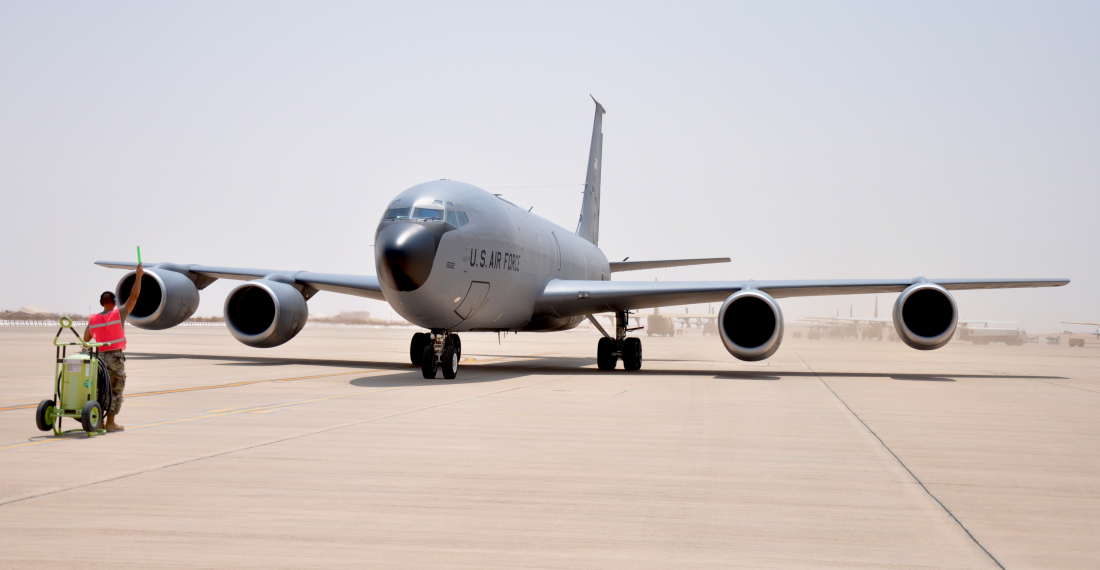Citing US officials, the Wall Street Journal (WSJ) yesterday reported that the US President, Joe Biden, has directed the Pentagon to cut US troops present in the Gulf. The move appears to be a step in a realignment of the US military's presence away from the region and towards Asia.
At least three Patriot antimissile batteries, which had been put in place in recent years to help protect American forces, have been removed from the Gulf region since Biden's inauguration, including one from Prince Sultan Air Base in Saudi Arabia. Other capabilities, including an aircraft carrier and surveillance systems, are also being diverted from the Middle East.
Despite this, it appears that the US intends on maintaining a strong relationship with Saudi Arabia. When the Biden administration announced that it would pull out of the Yemen war, it reaffirmed its support to defend the Kingdom.







